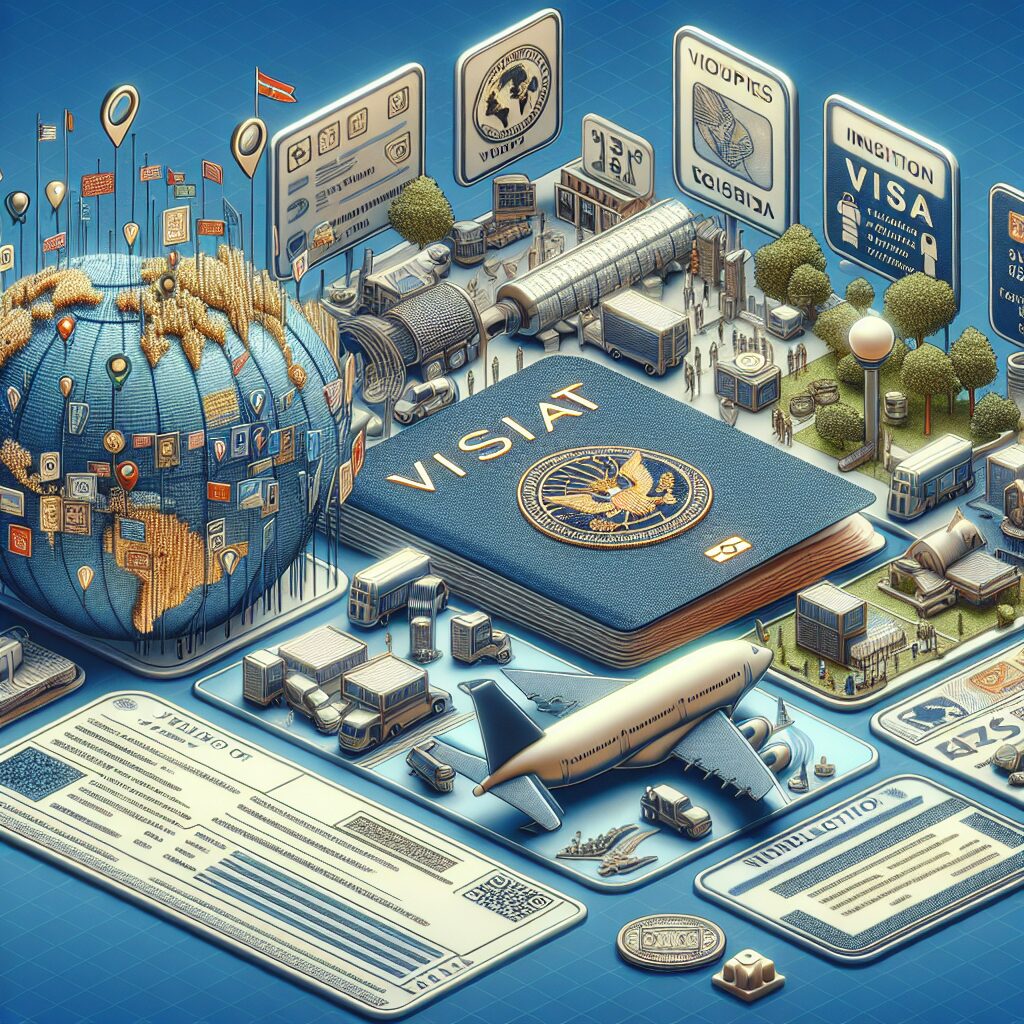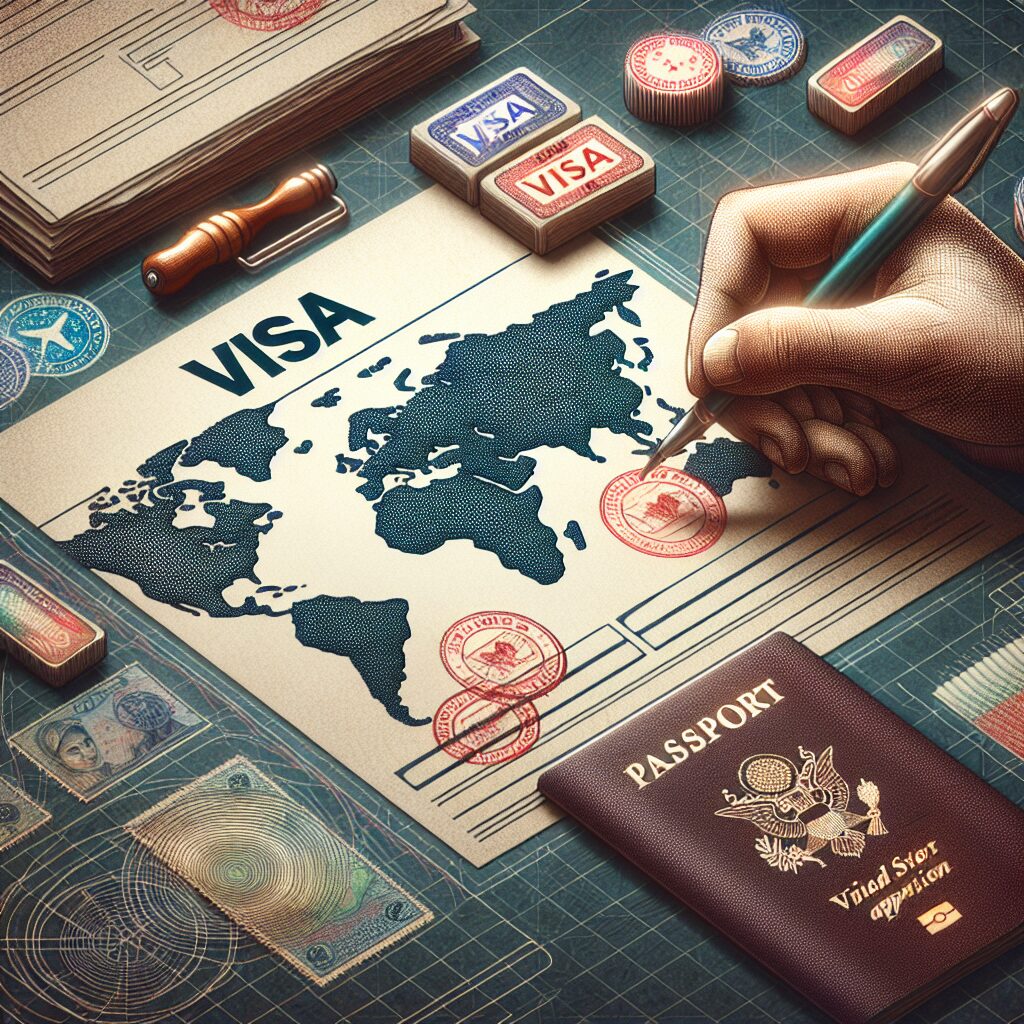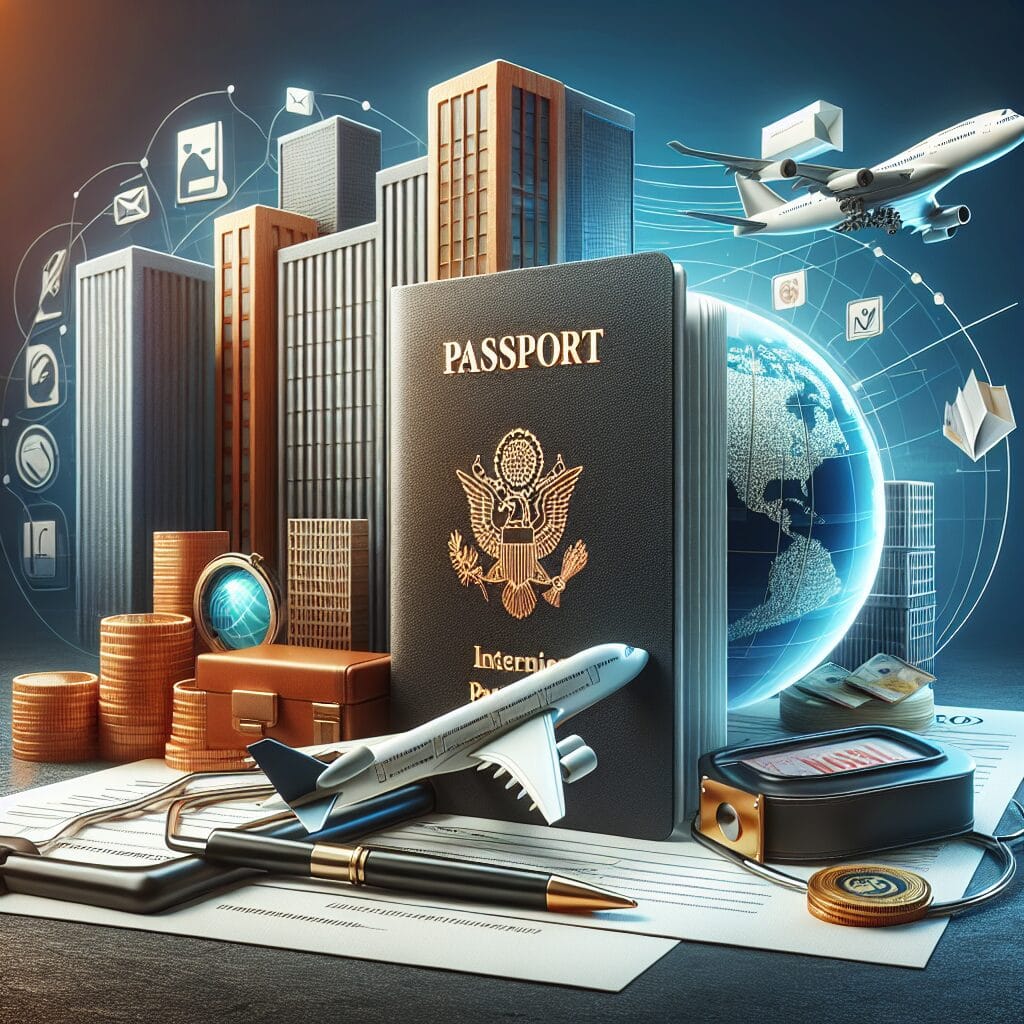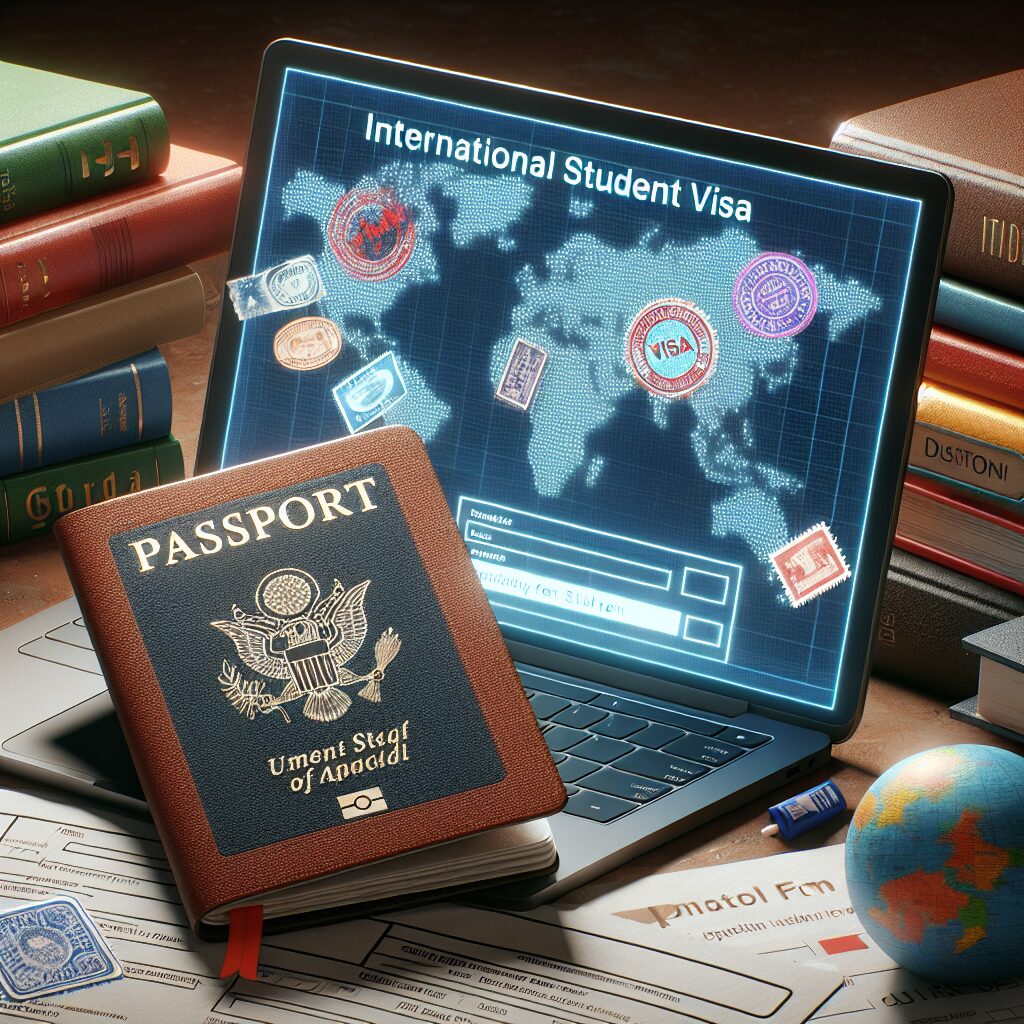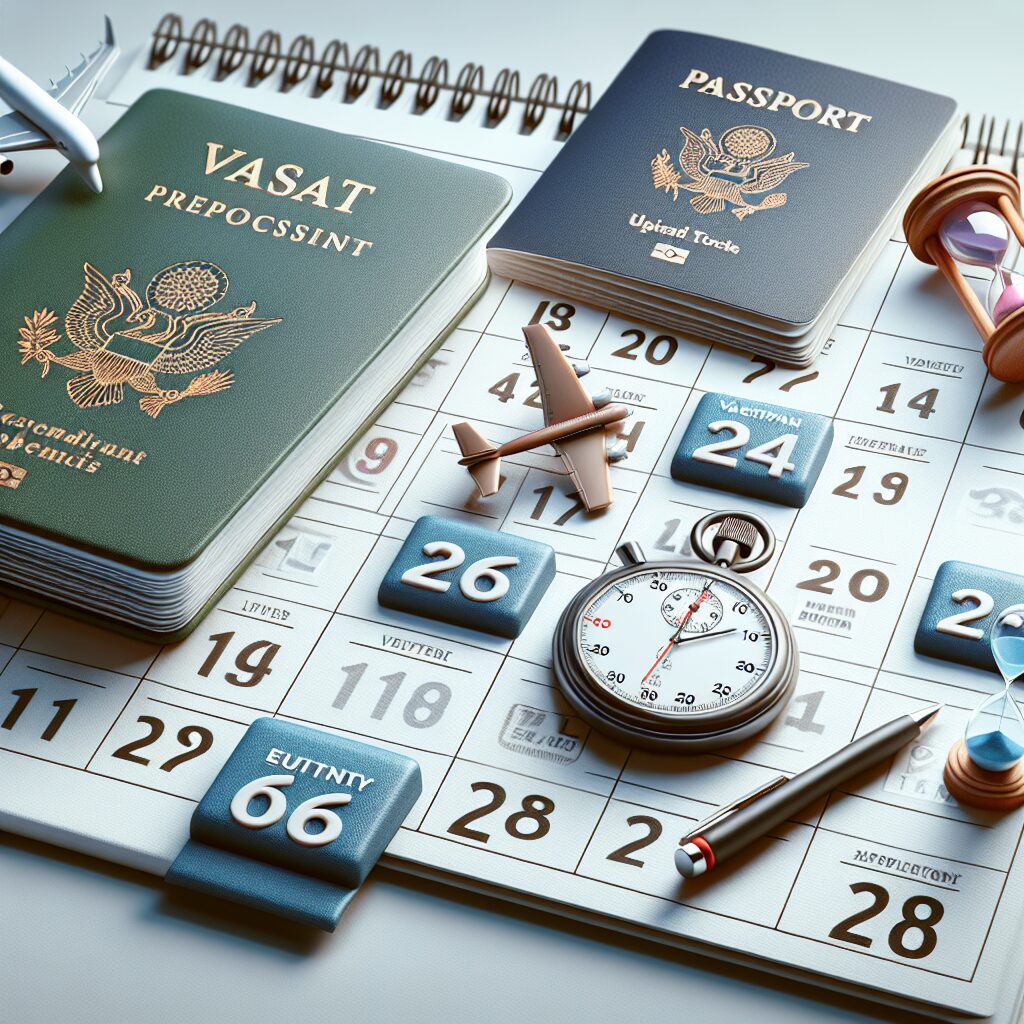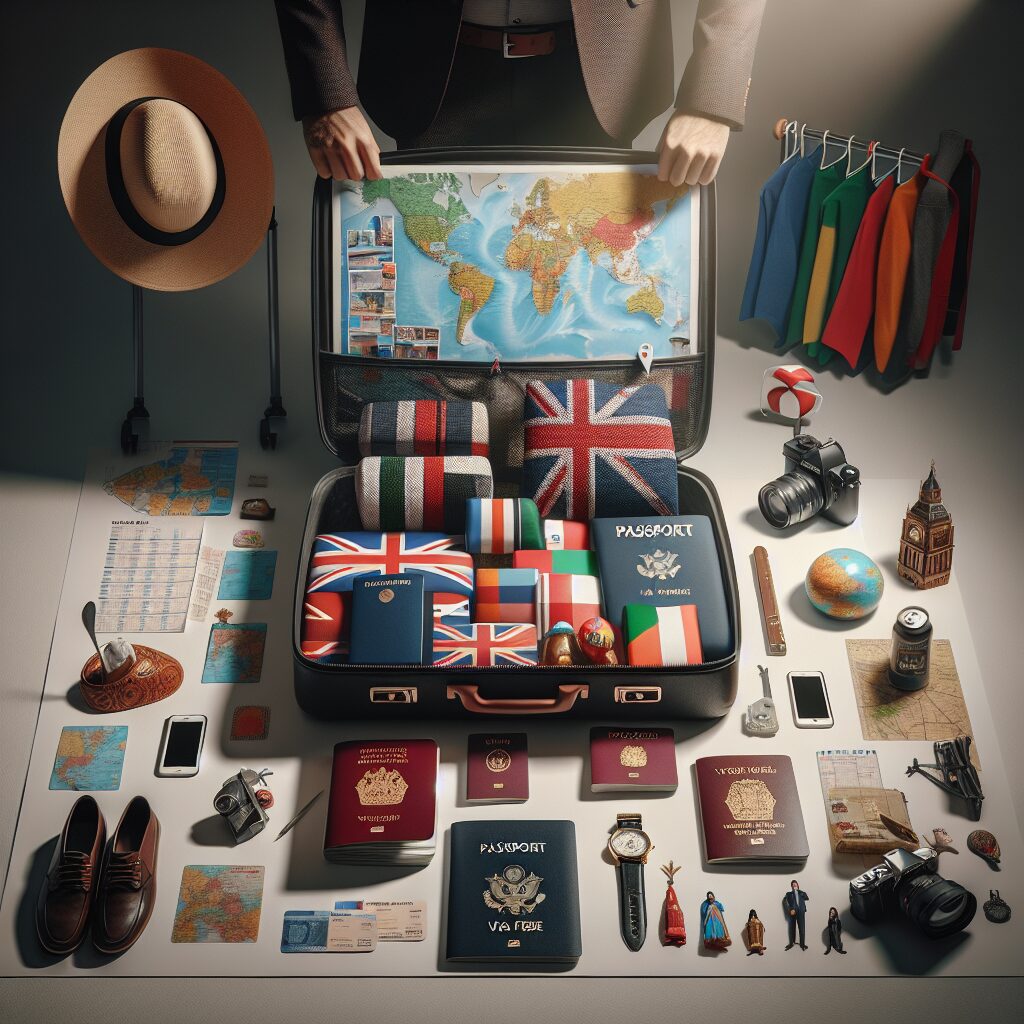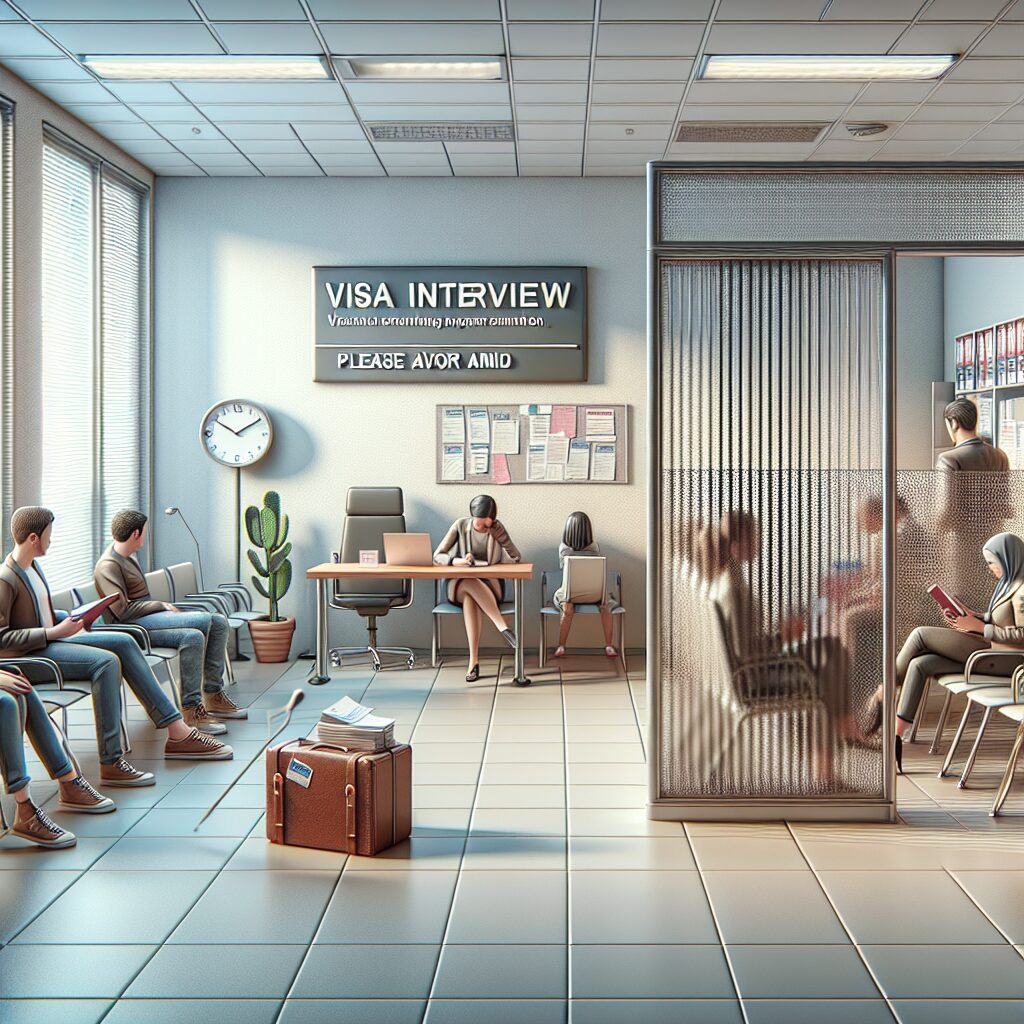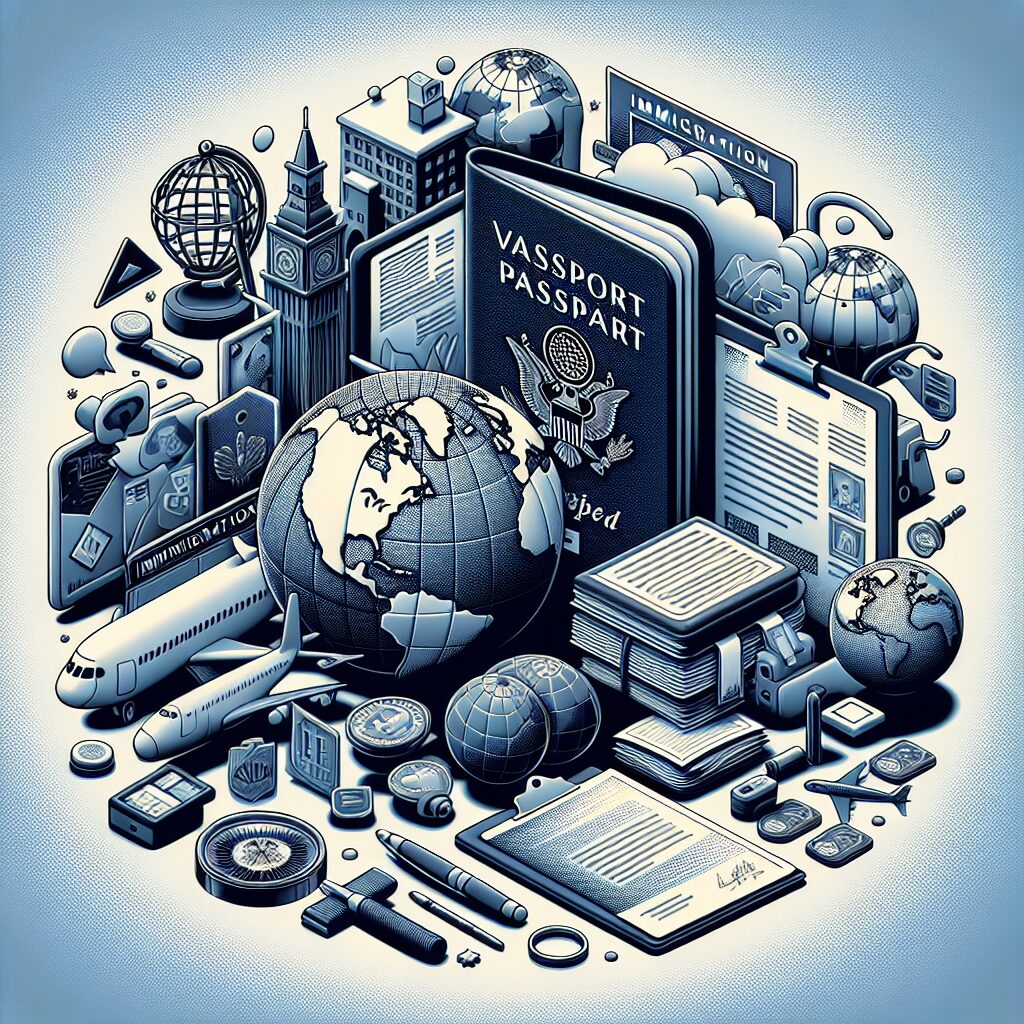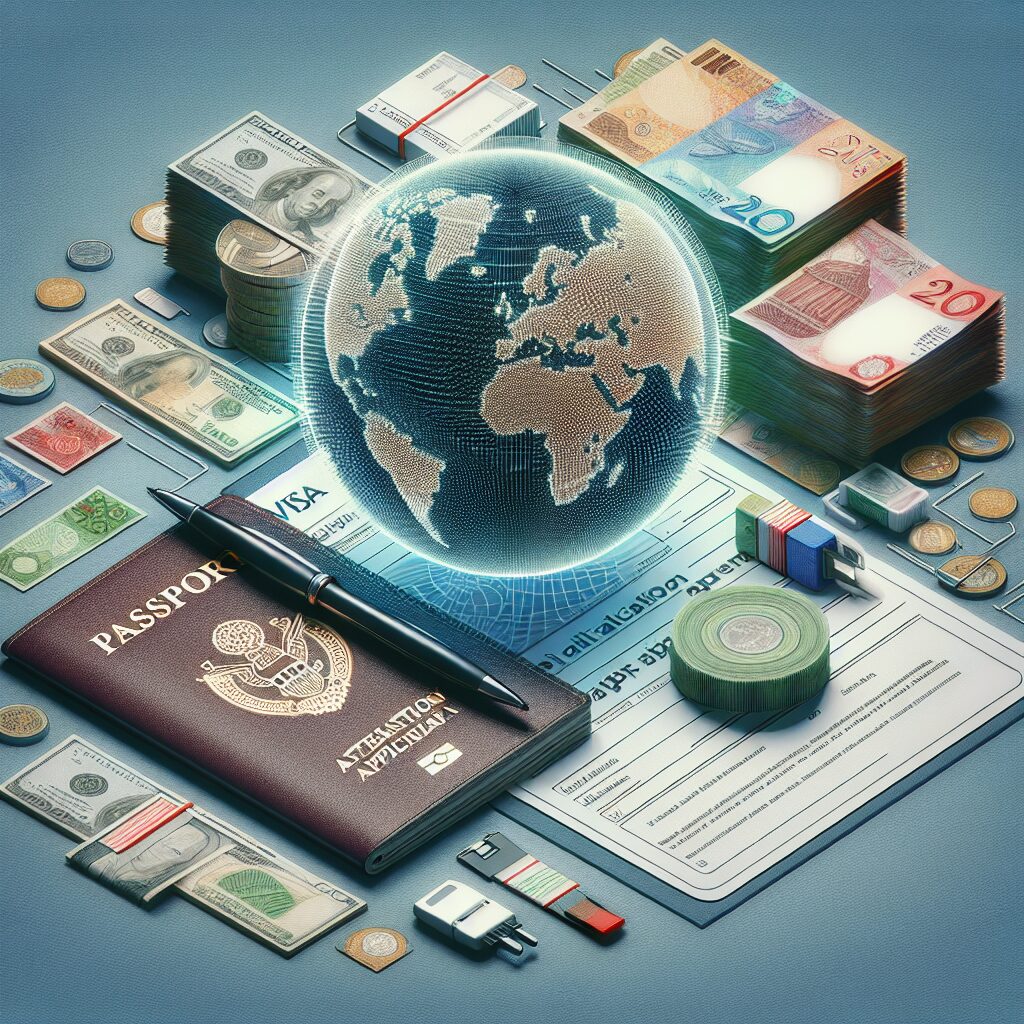Understanding visa requirements for travel is crucial for anyone planning an international trip. A visa is an official document issued by the host country that allows foreigners to enter, stay, or leave for a specified duration. Interestingly, visa regulations vary from country to country, and it is essential to comprehend the specific requirements of your intended destination. Not adhering to these requirements could result in denial of entry or other legal repercussions.
Navigating through the complexities of visa requirements can be daunting, but it is essential for a smooth travel experience. Different countries have different visa categories, such as tourist visas, business visas, student visas, and work visas. Each category has its own set of eligibility criteria and documentation requirements. Additionally, the duration of stay permitted under a visa can vary significantly. Some countries have visa-free travel arrangements with certain nations, making it easier for citizens from those countries to visit without a visa.
In the upcoming part of this article, we will explore the key takeaways regarding visa requirements for travel. We will delve into understanding the types of visas, highlighting crucial eligibility criteria, and navigating the application process efficiently. Understanding visa requirements is vital for hassle-free travel, and this article will equip you with the necessary knowledge and insights to make your international travel a seamless experience. Let’s delve further into these key takeaways next.
Key Takeaways
1. Visa requirements vary widely for different countries and depend on factors such as the traveler’s nationality, purpose of visit, and duration of stay. It is crucial to thoroughly research and understand the specific visa requirements of your destination before traveling.
2. Many countries offer visa-free or visa-on-arrival options for short-term visits, particularly for tourists. However, rules and conditions may apply, such as limits on duration of stay or the need for prior approval or documentation. It is important to check these requirements and make the necessary arrangements in advance.
3. For longer stays or specific purposes such as work, study, or residency, a visa may be required. These visa types often involve more detailed application processes, including documentation, interviews, and fees. Planning well in advance and consulting with the appropriate embassy or consulate is advisable to ensure a smooth and timely application.
4. Some countries have reciprocal visa agreements, where certain nationalities are exempted from visa requirements based on agreements between governments. It is important to check if your country has such an agreement with the destination country or if there are any specific conditions for exemption.
5. Keep in mind that visa requirements can change, and it is important to stay updated on the latest information. Official government websites, embassies, or consulates are reliable sources to obtain accurate and current visa information. It is always recommended to double-check the requirements before making any travel arrangements to avoid any hassles or issues at the entry point.
What Are the Visa Requirements for Travel?
Types of Travel Visas
When planning an international trip, it is essential to understand the different types of travel visas available. One common type is a tourist visa, which allows individuals to visit a foreign country for leisure or recreational purposes. Business visas, on the other hand, are required for individuals who intend to travel for work-related activities. Additionally, there are student visas, transit visas, and many other categories depending on the purpose and duration of the trip.
Visa Application Process
Applying for a travel visa can be a complex process, and it is crucial to be well-informed. Typically, the first step is to identify the embassy or consulate responsible for issuing visas for the destination country. Next, gather all the necessary documents, which may include a completed application form, passport-sized photographs, proof of travel arrangements, travel insurance, and financial documents to prove sufficient funds for the trip. Understanding the specific requirements and procedures of the embassy or consulate is essential to ensure a smooth application process.
Required Documents
The documents required for a travel visa application vary depending on the destination country and the type of visa being requested. However, some common documents often requested by embassies or consulates include a valid passport with at least six months of validity remaining, a completed visa application form, proof of accommodation, travel itinerary, and proof of financial means. It is crucial to carefully review the embassy’s requirements and provide all the necessary documents to increase the chances of visa approval.
Visa Processing Time
The processing time for travel visa applications can vary significantly depending on the country and visa type. In some cases, visas can be processed within a few business days, while others may take several weeks or even months. It is advisable to apply for a visa well in advance of the planned travel dates to avoid any last-minute delays or complications. Additionally, some countries offer expedited visa processing for an additional fee, which can be an option for those with urgent travel needs.
Visa Denials and Appeals
Despite fulfilling all the visa requirements, there is a possibility of visa denial. This can occur due to various reasons such as incomplete documentation, insufficient funds, criminal records, or failure to prove the purpose of the trip. In such cases, it is crucial to understand the appeal process and the possibilities for reapplying. Consulting with a visa specialist or seeking legal advice may be necessary to improve the chances of a successful visa application.
Tips for a Successful Visa Application
- Start the visa application process well in advance to allow for any unexpected delays.
- Review and understand the specific requirements of the destination country’s embassy or consulate.
- Ensure all required documents are complete, accurate, and up-to-date.
- Provide a clear and detailed travel itinerary along with proof of accommodation.
- Double-check all information filled in the application form to avoid mistakes or discrepancies.
- Provide strong evidence of sufficient financial means to cover the expenses of the trip.
- Seek professional guidance or legal advice if unsure about any aspect of the visa application.
- If faced with a visa denial, carefully assess the reasons and explore the possibility of appealing or reapplying.
Understanding Visa Requirements for Travel
Frequently Asked Questions
1. Do I need a visa to travel internationally?
Yes, in most cases, you will need a visa to travel internationally. Visa requirements vary depending on the country you are planning to visit. It is essential to research and understand the specific visa requirements for your destination prior to your travel.
2. How can I find out the visa requirements for my destination?
You can find out the visa requirements for your destination by visiting the official website of the embassy or consulate of the country you are planning to visit. They will provide you with the most accurate and up-to-date information regarding the visa application process and required documents.
3. How long does it take to obtain a visa?
The processing time for a visa application can vary depending on the country you are applying to and the type of visa you require. Some visas may be processed within a few days, while others may take several weeks or even months. It is advisable to apply for your visa well in advance of your planned travel dates to avoid any delays or complications.
4. Can I apply for a visa online?
Many countries now offer online visa application systems, commonly known as e-visas. These allow travelers to apply for their visa electronically, simplifying the application process and reducing the need for physical paperwork. However, not all countries offer this option, so it is important to check the specific requirements of your destination.
5. What documents are typically required for a visa application?
The required documents for a visa application can vary depending on the country and type of visa you are applying for. However, common documents include a valid passport, completed visa application form, proof of travel arrangements, proof of accommodation, proof of sufficient funds to cover your stay, and sometimes a letter of invitation or a detailed travel itinerary. Check the specific requirements of your destination for accurate information.
6. Can I apply for a visa upon arrival?
Some countries allow certain nationalities to obtain a visa upon arrival at the airport or border checkpoint. However, not all countries offer this option, and it is crucial to verify the visa policy of your destination in advance. Applying for a visa upon arrival may have specific requirements and limitations, so it is recommended to research and plan accordingly.
7. Can a travel agency assist me with my visa application?
Yes, many travel agencies offer visa application assistance as part of their services. They can help you understand the visa requirements, provide guidance on the application process, and sometimes even submit the application on your behalf. If you are unsure about the visa application process or need professional support, consulting a travel agency experienced in visa processes can be beneficial.
8. Are there any exceptions to visa requirements?
Yes, there are exceptions to visa requirements in certain situations. Some countries have visa-free agreements with specific countries, allowing citizens of those countries to travel without a visa for a limited period. Additionally, some countries may offer visa exemptions for diplomatic or official passport holders. However, it is essential to verify these exceptions and restrictions with the embassy or consulate of your destination.
9. What happens if I travel without the required visa?
If you travel without the required visa, you may be denied entry into the country at the port of arrival. In some cases, you may be subject to fines, deportation, or even a ban on future visits. It is crucial to comply with the visa requirements of your destination to avoid any legal issues or travel disruptions.
10. Can visa requirements change?
Yes, visa requirements can change over time. It is common for countries to update their visa policies and requirements based on various factors, such as diplomatic relations, security concerns, or changes in immigration laws. It is recommended to stay updated with the latest visa requirements by regularly checking the official website of the embassy or consulate of your destination.
Final Thoughts
Understanding visa requirements for travel is an essential aspect of planning any international trip. It ensures a smooth and hassle-free journey, allowing you to enjoy your destination to the fullest. By researching and complying with the visa regulations early on, you can avoid stressful situations and focus on creating lifelong memories during your travels.
Remember, visa requirements can vary significantly from country to country, so taking the time to understand and fulfill them is crucial. If you have any doubts or concerns regarding visa requirements, it is advisable to consult the embassy or consulate of your destination or seek assistance from a professional travel agency. Always stay informed and prepared to make your travel experience truly unforgettable.


